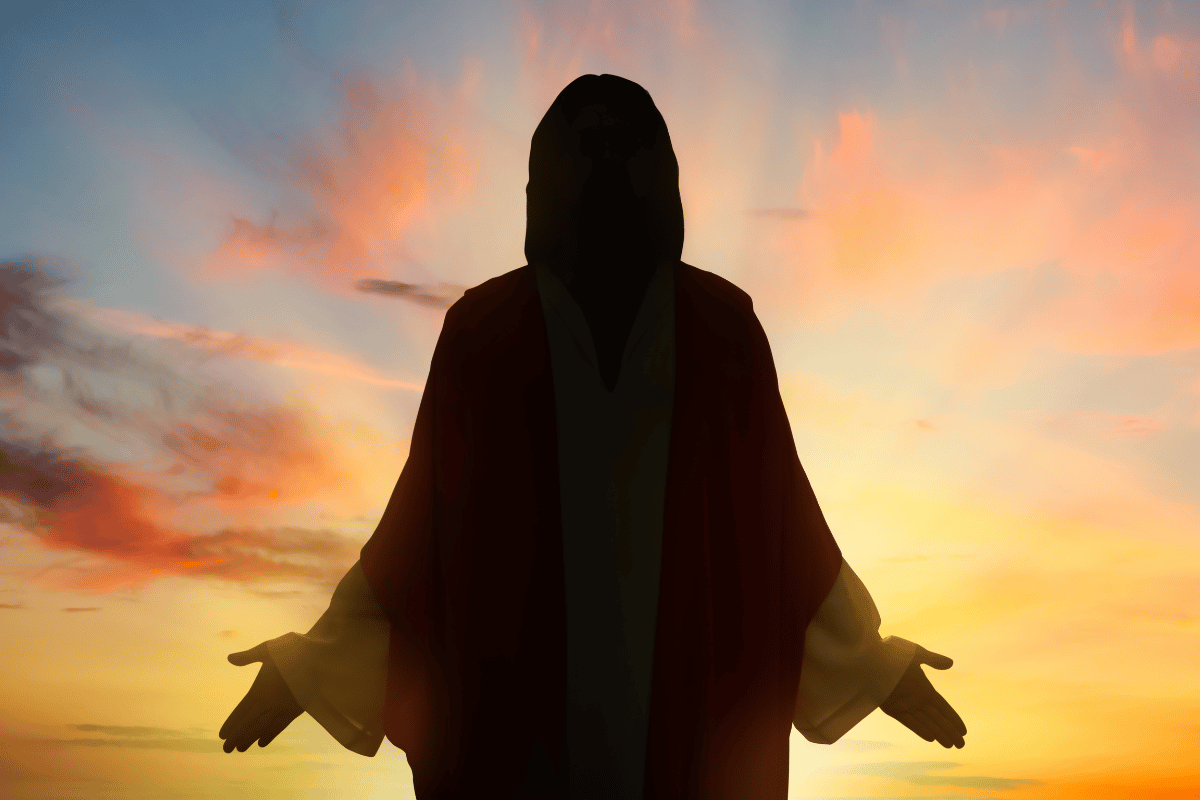An Advent Reflection on Hope
The Reverend Canon Ryan Green, Diocesan Director of Ordinands, writes the first of four Advent reflections:

It seems that hope is hard to find in today’s world. As we falteringly recover from a global pandemic, we find ourselves facing a raging climate disaster, we see human beings still inflicting untold horrors on each other, migration rising with huge swathes of people being displaced from their homes, and we witness the inequalities between those who have and those who don’t spiralling out of control. Our world brims with injustice and teeters on the brink of collapse. And yet in this Season of Advent we are called as Christians to hope, and this hope throws us into conflict and contradiction. This is what John Calvin says in his commentary on the Hebrews, “To us is given the promise of eternal life – but to us, the dead. A blessed resurrection is proclaimed to us – meantime we are surrounded by decay. We are called righteous – and yet sin lives in us. We hear of ineffable blessedness – but meantime we are here oppressed by infinite misery. We are promised abundance of all good things – yet we are rich only in hunger and thirst. What would become of us if we did not take our stand on hope, and if our heart did not hasten beyond this world through the midst of darkness upon the path illuminated by the word and Spirit of God!”
But how might we take our stand on hope? Only if we stand where Jesus stands right in the middle of the paschal mystery itself. As Jürgen Moltmann puts it in his Theology of Hope, ‘Christianity stands or falls with the raising of Jesus from the dead by God.’ On the cross Jesus faces the deepest contradictions and conflicts of humanity – the powers of violence and shame, sin and death – taking them into himself and facing their full annihilating power. But this same Jesus is risen by the power of God, and so becomes a sign of eschatological promise. This is the birth of Christian hope. As Moltmann himself says, ‘Just as it is the same Jesus who was crucified and raised, so God’s promise is not for another world, but for the new creation of this world.’
Paradoxically, however, this hope opens us out to suffering because ‘those who hope in Christ can no longer put up with reality as it is, but begin to suffer under it, to contradict it.’ This means that the church is a constant disturbance in human society, being a sign of contradiction right in the middle of it, as those who believe in the resurrection of the dead. In the end, hope does not disconnect us from this world, leaving us dreaming of a future utopia, but anchored in the reality of the crucified and risen Jesus, hope finally opens us out to the transformation of this world, a transformation already decisively begun in the person of Jesus Christ himself.